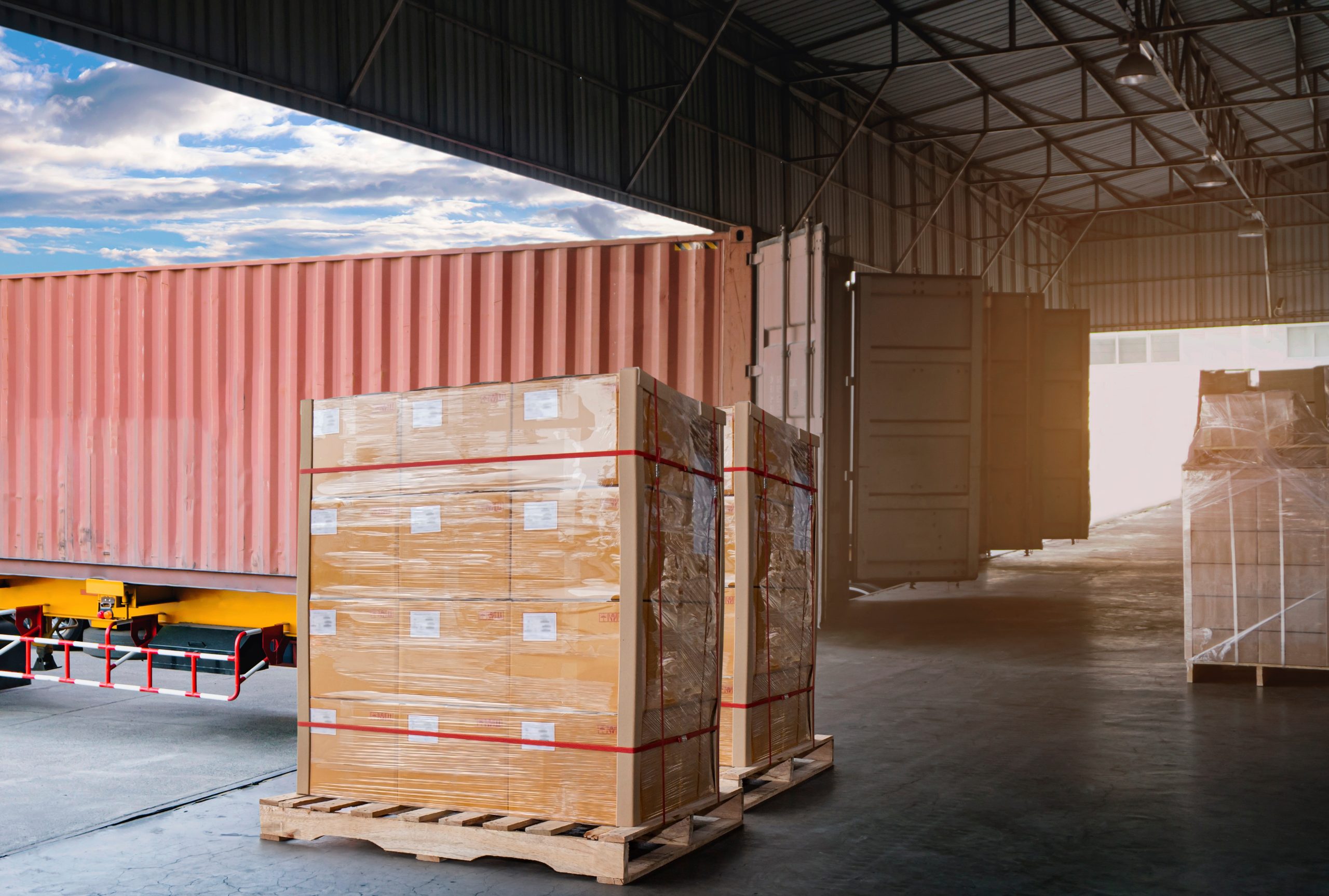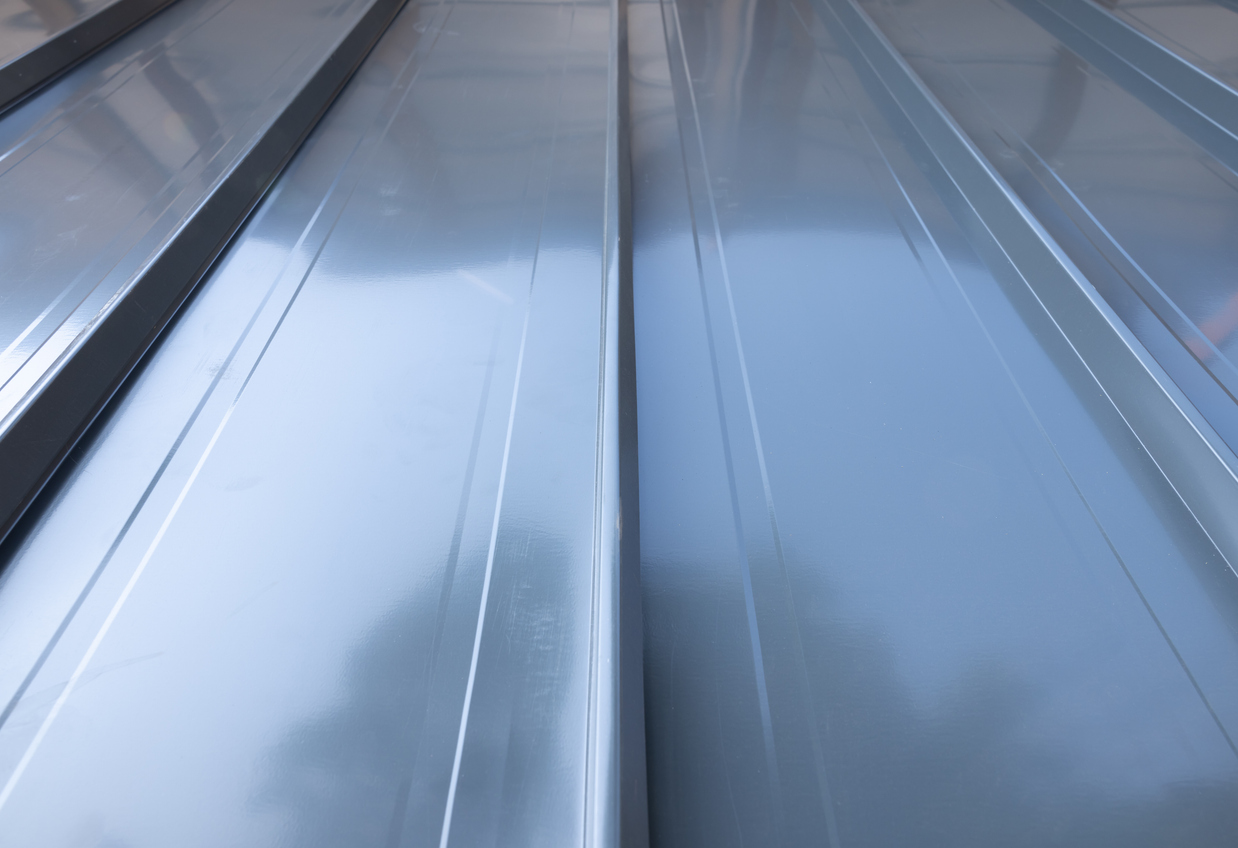How to Ensure Smooth and Hassle-free Shipping of Your Goods from Egypt to Libya
How to Ensure Smooth and Hassle-free Shipping of Your Goods from Egypt to Libya
Are you looking to ship goods from Egypt to Libya but feeling overwhelmed by the complexity of the process? Don’t worry, you’re not alone. Shipping can be a daunting task – especially if it involves crossing borders and dealing with customs and regulations. However, with the right knowledge and preparation, shipping your products can be a smooth and hassle-free experience. In this blog post, we’ll share some tips on how to ensure that your goods are shipped safely, efficiently, and without any unexpected surprises along the way. So sit back, relax, and let us guide you through this journey!
How to ship goods from Egypt to Libya
Shipping goods from Egypt to Libya can be a hassle-free experience if you know how to do it. Here are some tips to make the process as smooth and easy as possible:
1. Choose the right shipping company. There are many shipping companies that offer services between Egypt and Libya, so it important to choose one that is reputable and has a good reputation.
2. Get accurate shipping quotes. Before you even start packing your shipment, get accurate shipping quotes from different shipping companies to get an idea of what your total cost will be. This will help you decide which company to use.
3. Make sure your shipment is properly packed and sealed. Make sure your shipment is properly packed and sealed using packaging materials that are rated for the conditions in Libya, such as clamshells or shrink wrap. Also, ensure that all packages are marked with the appropriate customs markings for your shipment destination.
4. Transport your shipment securely. Transport your shipment securely using certified, insured transportation services that can handle the tough conditions in Libya.
Customs and tariffs
The import/export of goods is an important part of international trade. Goods must be cleared through customs and tariffs before they are allowed to leave one country and enter another. Customs duties and VAT (Value Added Tax) may be levied on imported goods, depending on the destination country. Even if you do not have to deal with customs yourself, it is always a good idea to know what they are and what you need to provide in order to avoid any delays or problems during shipment.
If your goods are destined for Libya, there are a few things you should know before shipping them. Libya is a member of the African Union (AU), which means that the country has adopted common customs regulations with other AU members. The most important thing to remember is that Libyan customs inspectors will expect you to comply with these standards.
For example, all imported goods must be declared at the time of importation. This includes items like food, flowers, clothing, and vehicles. You will also need to provide evidence of payment of any applicable customs duties and/or VAT. Keep in mind that some items – like cigarettes – may be subject to additional taxes specific to Libya.
In addition, please note that Libya is a Muslim country, so all imported religious materials must be properly labelled and accompanied by documentation proving their authenticity (for example, a copy of the Qur’an’s sura from which they were taken). Furthermore, any alcoholic beverages must also be accompanied by documentation showing that they were
Shipping methods
Shipping methods in Egypt and Libya are vastly different. In Egypt, most goods are shipped using trucking companies that move goods between the two countries. These companies are reliable and use a variety of shipping methods, such as air cargo, sea freight, and postal service.
In Libya, however, goods are typically shipped by boat. This is due to the fact that there is no road connecting the two countries, making it difficult for trucking companies to ferry goods between the two nations. Shipping by boat can be expensive and can take weeks or even months to arrive.
If you plan on shipping goods between Egypt and Libya, it is important to research each method of shipping and select the one that will work best for your product and your budget.
How much does it cost to ship goods from Egypt to Libya?
Shipping goods from Egypt to Libya can be a hassle-free experience, as long as you understand the logistics involved. The cost of shipping depends on the weight and size of the items being shipped, as well as the shipping method chosen. Here are some costs for different shipping methods:
Cargo shipping: This is the most common type of shipping used between Egypt and Libya. Cargo shipping typically involves using a cargo ship or freight truck to transport goods from one location to another. This is the most expensive option, but it’s also the safest and easiest way to transport goods.
Air cargo: Air cargo is another common shipping method between Egypt and Libya. Air cargo involves sending goods by air instead of sea. This is cheaper than cargo shipping, but it can take longer to get your items to their destination.
Containerized shipment: Containerized shipments are a newer form of shipping used between Egypt and Libya. Containerized shipments involve packing items into standardized containers that are then transported by truck or ship. This option is more expensive than air cargo, but it’s less risky and faster than cargo shipping.
What is Wigmore Trading?
Wigmore Trading is an online store that specializes in shipping goods from Egypt to Libya. They offer a variety of services, including international shipping, customs clearance, and delivery tracking.
To ensure smooth and hassle-free shipping of your goods from Egypt to Libya, use Wigmore Trading as your go-to supplier. Their international shipping service can take care of all the logistics involved in getting your items to their final destination. Customs clearance and delivery tracking are also available at no additional charge, making sure that you always know where your shipments are throughout the process.
Conclusion
Shipping goods from Egypt to Libya can be a daunting task, but with the right planning and preparation it can be a smooth and hassle-free process. By following our tips, you will be able to minimize the chances of having your shipment disrupted or lost in transit, which will ensure that you receive your goods in good condition. Have any questions? Let us know in the comments below!








LEAVE A COMMENT
You must be logged in to post a comment.